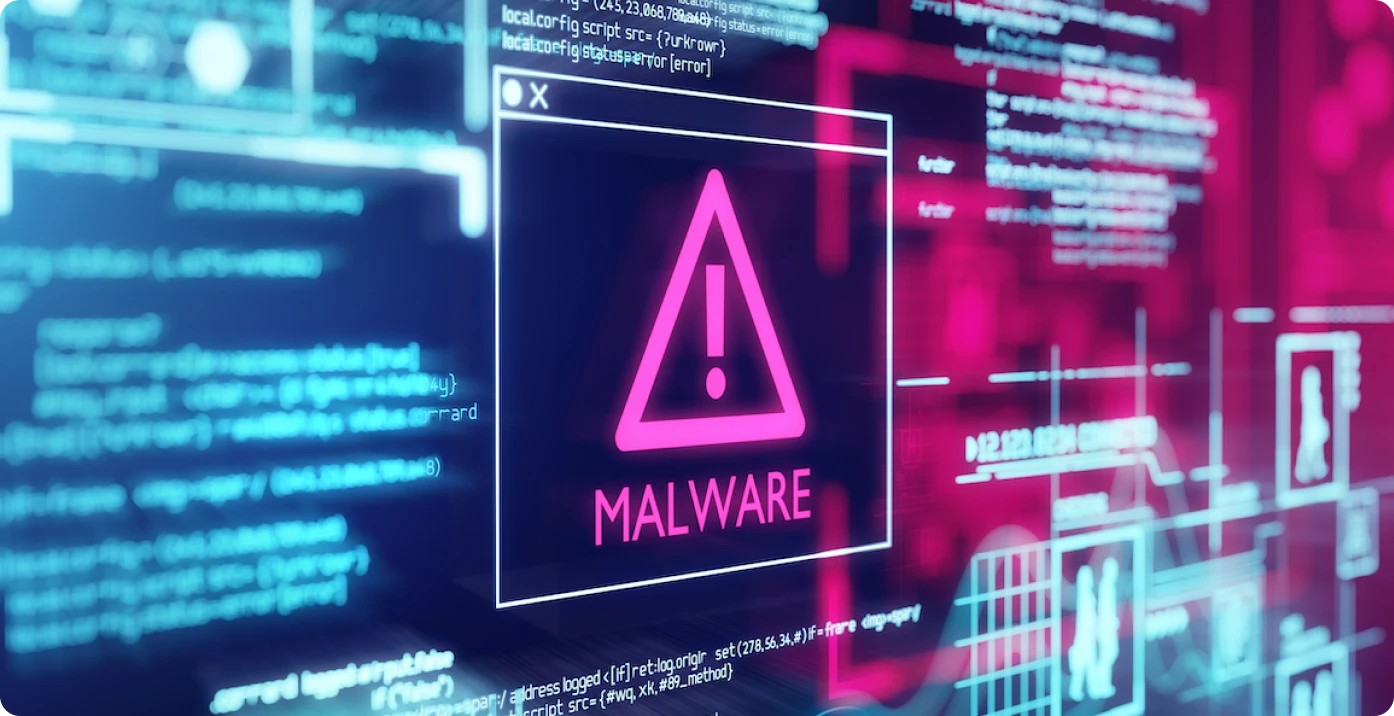India’s Quantum Leap Startups Selected for Support Under the NQM and the NMIC-PS
Introduction
Quantum technology involves the study of matter and energy at the sub-atomic level. This technology uses superposition and entanglement to provide new capabilities in computing, cryptography and communication and solves problems at speeds not possible with classical computers. Unlike classical bits, qubits can exist in a superposition of states, representing 0, 1, or any combination of these states simultaneously. The Union Cabinet approved the National Quantum Mission on 19 April 2023, with a budget allocation of Rs 6000 Crore. The mission will seed, nourish, and scale up scientific and industrial R&D in the domain of quantum technology so that India emerges as one of the leaders in developing quantum technologies and their applications.
The Union Minister for Science and Technology and Minister of Earth Sciences, Dr. Jitendra Singh announced the selection of 8 start-ups for support under India’s National Quantum Mission and the National Mission on Interdisciplinary Cyber-Physical Systems (NM-ICPS). The selected start-ups represent diverse quantum tech domains and were chosen via a rigorous evaluation process. These startups are poised to be critical enablers in translating quantum research into practical applications. This start-up selection aligns with India’s broader vision for technological self-reliance and innovation by 2047.
Policy Landscape and Vision
The National Quantum Mission’s main goal is to develop intermediate-scale quantum computers with 50-1000 physical qubits in 8 years, across diverse platforms such as superconducting and photonic technology. The mission deliverables include the development of satellite-based secure quantum communications between ground stations over a range of 2000 km within India, long-distance secure quantum communications with other countries, inter-city quantum key distribution over 2000 km, and multi-node quantum networks with quantum memories.
The National Mission on Interdisciplinary Cyber-Physical Systems aims to promote translational research in Cyber-Physical Systems and associated technologies and prototypes and demonstrates applications for national priorities. The other expectations are enhancing the top-of-the-line research base, human resource development and skill sets in these emerging areas. These missions align with India’s broader ideals such as the Digital India and Make in India campaigns to strengthen India’s technological ecosystem.
Selected Startups and Their Innovations
The startups selected reflect alignment with India’s National Quantum Mission, oriented towards fostering cutting-edge research and innovation and have industrial applications aiming at placing India as the global leader in quantum technology. The selections are:
- QNu Labs (Bengaluru): is advancing quantum communication by developing end-to-end quantum-safe heterogeneous networks.
- QPiAI India Pvt. Ltd. (Bengaluru): is building a superconducting quantum computer.
- Dimira Technologies Pvt. Ltd. (IIT Mumbai): is creating indigenous cryogenic cables, essential for quantum computing.
- Prenishq Pvt. Ltd. (IIT Delhi): developing precision diode-laser systems.
- QuPrayog Pvt. Ltd. (Pune): is working on creating optical atomic clocks and related technologies.
- Quanastra Pvt. Ltd. (Delhi): is developing advanced cryogenics and superconducting detectors.
- Pristine Diamonds Pvt. Ltd. (Ahmedabad): is creating diamond materials for quantum sensing.
- Quan2D Technologies Pvt. Ltd. (Bengaluru): is making advancements in superconducting Nanowire Single-photon Detectors.







